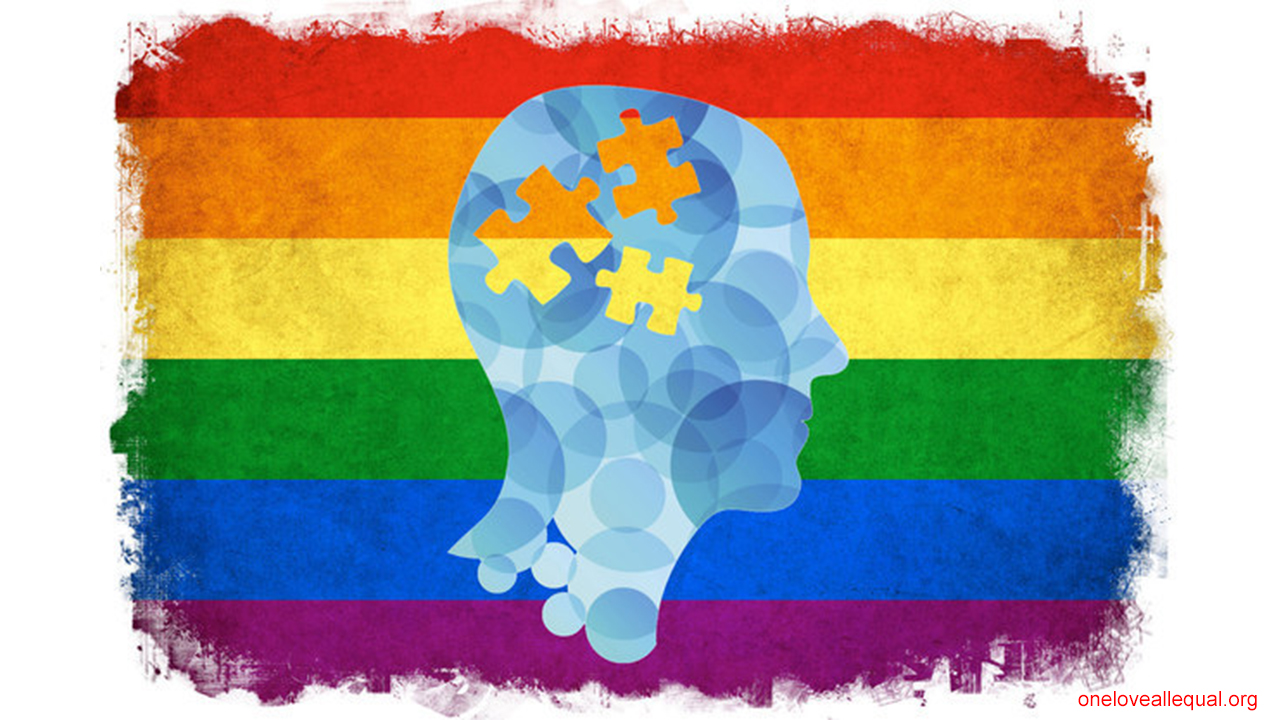Community-based clinics and clinicians play an important role in reshaping both mental healthcare for LGBT people and broader attitudes about sexuality and gender, finds a search.
Stephen Vider, professor of history within the College of Arts and Sciences, Cornell University, co-authored a paper with David S. Byers, professor at Bryn Mawr College grad school of welfare work and Social Research, titled, “Clinical Activism in Community-based Practice: The Case of LGBT Affirmative Care at the Eromin Center, Philadelphia, 1973–1984,” which was published Nov. 9 in American Psychologist.
The paper uncovers the story of the Eromin Center, one among the primary LGBT counseling centers within us, which was open in Philadelphia from 1973 to 1984.
Historically, LGBT people struggled to seek out mental healthcare that didn’t treat divergence from sexual and gender norms as a mark of psychopathology.
New therapeutic approaches, Eromin clinicians improvised without any reference models or research to resort upon, guided by their own ethics and experiences. This improvisational and community-responsive approach to worry was employed by many early LGBT counseling centers within the U.S., in spite of national leadership and psychological state policy that was slower to vary, the authors state.
Six months before the APA decision Eromin was founded. Their paper, written with Amelia Smith, a caseworker at the Mazzoni Center in Philadelphia, is a component of oral history and archival scientific research that Byers and Video are leading since 2015. The oral histories are going to be archived in Cornell University Library’s Rare and Manuscript Collections as a part of its Human Sexuality Collection.

 Community-based clinics and clinicians play an important role in reshaping both mental healthcare for LGBT people and broader attitudes about sexuality and gender, finds a search.
Community-based clinics and clinicians play an important role in reshaping both mental healthcare for LGBT people and broader attitudes about sexuality and gender, finds a search.










.jpeg)







.jpeg)

.jpg)










